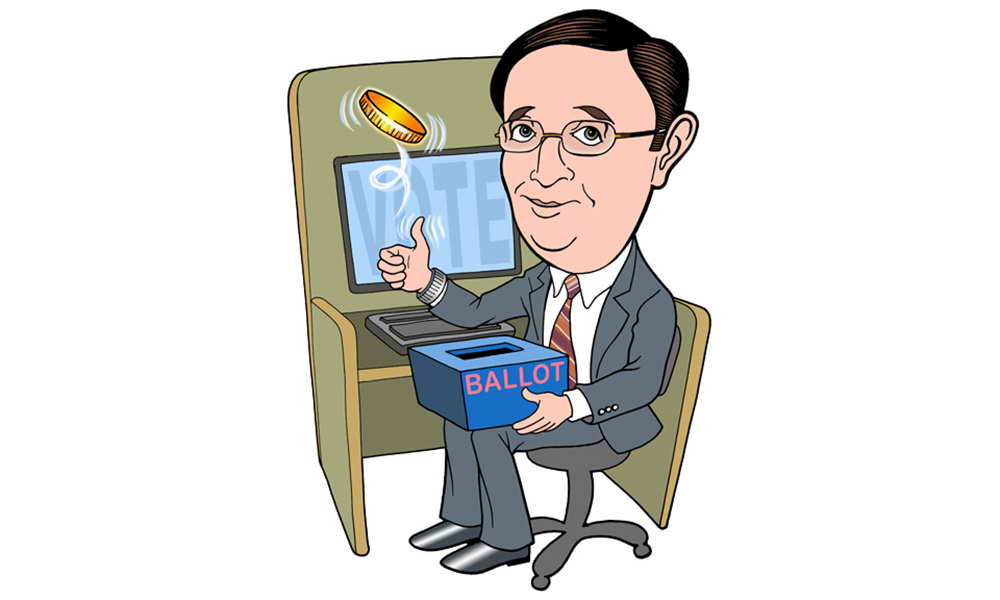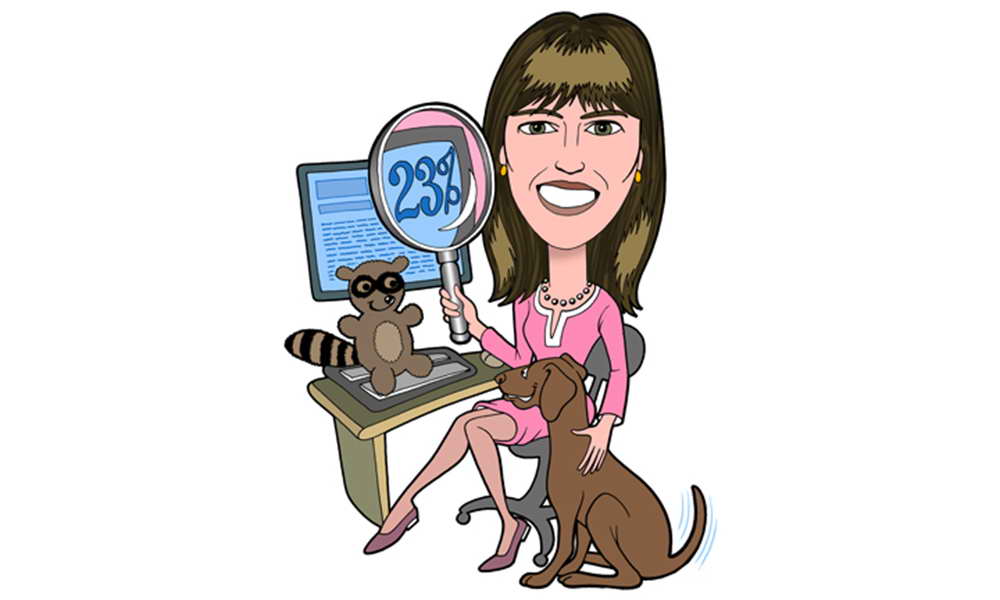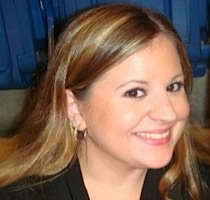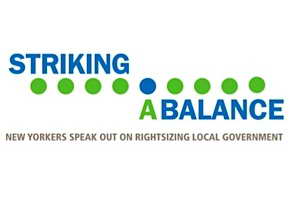By Dr. Lee M. Miringoff
Pollsters, in some ways, are like journalists. We chronicle events, sometimes personal often historic but always with numbers not just words. We crowd the sidelines forecasting the future and unraveling the past. On the morning of September 11th, 2001 I found myself in a mid-town hotel preparing to dissect and interpret the election results of New York City’s primary for mayor. My plans were to review the exit poll for WNBC that afternoon and provide analysis of the election returns that evening. But, no one’s plans that day went as expected.
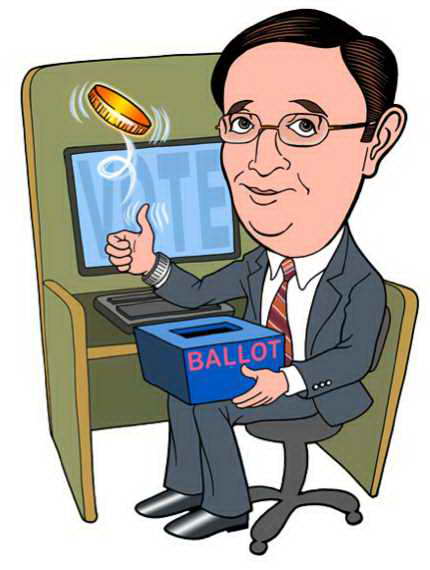 My lasting reflections, beyond the visual images we all share, involve feelings of isolation amid chaos. Of course, there would be no primary that day. My route home was temporarily cut off for security reasons as Manhattan truly became an island. The sirens shattered the silence underscoring the horror that was just beginning to sink in. The world as we knew it was indeed changing. When it was finally announced that northern bridges would open, there was only one exit on the west side and national guardsman were posted at every corner.
My lasting reflections, beyond the visual images we all share, involve feelings of isolation amid chaos. Of course, there would be no primary that day. My route home was temporarily cut off for security reasons as Manhattan truly became an island. The sirens shattered the silence underscoring the horror that was just beginning to sink in. The world as we knew it was indeed changing. When it was finally announced that northern bridges would open, there was only one exit on the west side and national guardsman were posted at every corner.
Soon thereafter, we would do what we do best. We recorded through polls the emotions and perceptions of, first, New Yorkers and, then, all Americans. The public had so much to say about terrorism and the impact of those attacks.
Oddly, this past weekend, I found myself in Washington, D.C. for several events including the White House Correspondents’ Association Dinner on Saturday night. It was a fun evening of political satire which camouflaged the plans which the president and his national security team had in place for the next day.
Upon returning from another dinner late Sunday night, I gave a final check of my iPhone only to discover along with the rest of the world that President Obama was about to address the nation on the death of Osama Bin Laden. Again, there I was, this time in a hotel on 16th Street within sight and sound of the White House. This time, there was no isolation, no chaos. The sounds of sirens had been replaced by car horns and cheers of “USA, USA.” It was a triumphant moment and, yet, at the same time, a reflective and somber one.
Ironically, we had already begun polling New Yorkers in partnership with NY1 in preparation for the 10th anniversary of 9/11 before the events of Sunday night. Today, we continue to measure how people feel about the War on Terror. We hope that a milestone has been passed and that public confidence will be different than it was on that fateful day nearly a decade ago or, at least, before Sunday.


